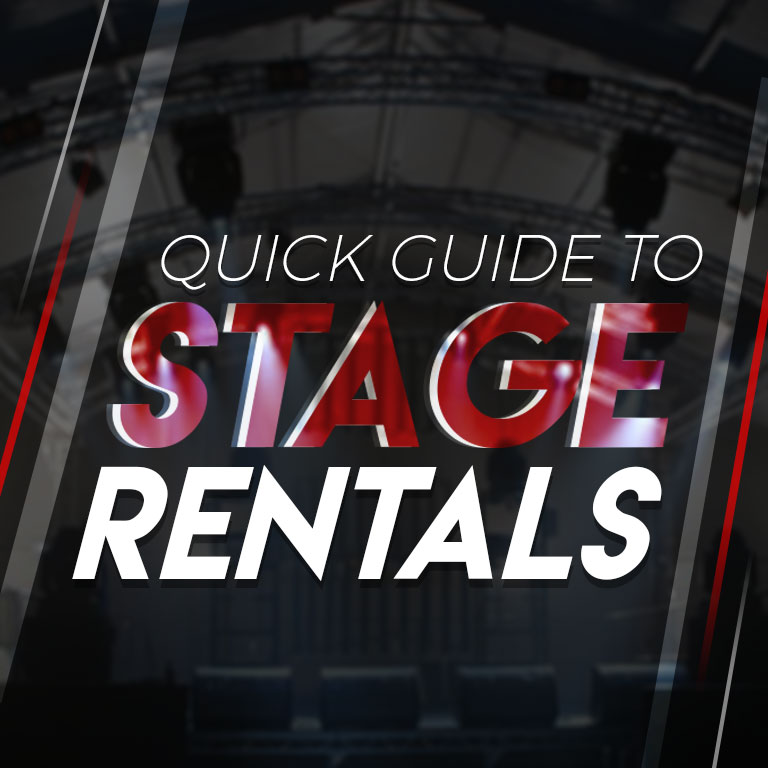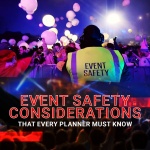
The event stage is a huge part of your event. As the centerpiece of the event, you want only quality stage and trusses. Knowing what you have to consider when renting one is important to keep do away with costly mistakes or worse, accidents. In this article, we give you 5 obvious but often taken for granted things you have to consider when purchasing stage rental services.
Your choice of the stage has a huge impact on the overall outcome of your event. It will be the focal point that will earn everyone’s attention while your event is ongoing. As the centerpiece, you’d only want to use quality stage and trusses. To be certain that you’ll get what you want, there are important considerations that you have to make when acquiring stage rental services.
In this article, you’ll be guided in finding the best stage rental that can help you do away with costly mistakes and untoward incidents.
1. Cost
First off, you need to consider the cost. Stage rental is only one part of your event planning and execution. The cost should fit in well with your budget. It is a good practice to discuss your budget with the stage rental supplier and negotiate the best option that meets the requirements of your event and your budget.
However, it is always important to prioritize quality over cost, especially when doing so will compromise durability and may lead to unfortunate circumstances.
NOTE: Beware of Hidden Costs!
When dealing with a supplier, make sure to account for every cost including those that are not charged up front. Others may impose additional fees for the labor, delivery, weekend fees etc. Hence, it is important to ask and to account for any additional stage rental fees in case of any eventualities.
2. Stage Size
One costly mistake that event professionals may fall into is renting a stage with the wrong size for an event. This happens mostly when serious planning and coordination with the supplier are lacking. Note that the stage rental supplier can give suggestions regarding the right stage size according to the needs and purpose of your event. You can coordinate with the supplier ahead of time to avoid untoward problems that may arise on the day of the event.
3. Transport and Installation Services
Although transport and installation services are commonly included in the stage rental package, it is still advisable to verify if these services are included in your stage rental agreement with if there will be added fees for labor and delivery. This is crucial because the transport of stage and trusses requires a suitable vehicle, while the installation job requires the help of a skilled personnel. For your convenience, it is better to find a supplier that can take care of the delivery and installation of the stage and trusses, including other necessary fixtures for your event.
4. Damage Policy
It is a smart move to discuss the damage policy of the supplier before renting as this will protect you in the case of damages on their stage rental materials are incurred during the course of the event. When arranging the leasing agreement, it is fairly important that you and the supplier both agree on the damage policy. This part is commonly related to event insurance which brings us to the next item.
5. Event Insurance
Lastly, you want to make sure that the event will run smoothly and in the case of unfortunate events, everyone and everything is insured. Thus, insurance coverage for the event is something you have to consider. It is a good practice to secure a commercial general liability insurance before any equipment is set up at your event. There are many eventualities that may happen during the event and you want to make sure that you are protected from liabilities.
Do you find this article helpful? Share us your thoughts by commenting below.





